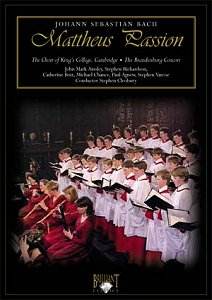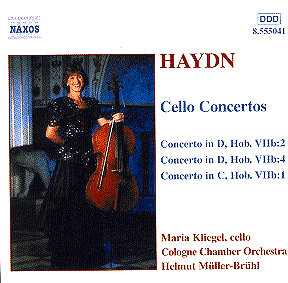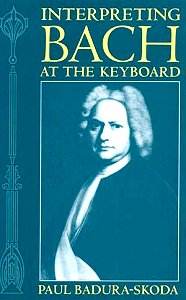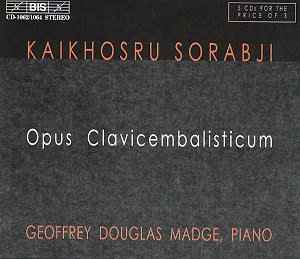 Composer: Jean Sibelius
Composer: Jean Sibelius
Works: Incidental Music: Belshazzar’s Feast, Op. 51; Concert Suite Swanwhite, Op. 54; Concert Suite Scènes historiques I, Op. 25; Concert Suite Scènes historiques II, Op. 66
Performers: Norwegian Radio Orchestra, Ari Rasilainen (conductor)
Recording: NRK Broadcasting Hall, Oslo, Norway, February 2001
Label: Finlandia Records 0927-41935-2
Jean Sibelius, a titan of Finnish nationalism in music, turned his attention to incidental music throughout his career, despite his limited operatic output. The present disc features an engaging selection of his incidental works, showcasing the composer’s ability to create vivid atmospheres that reflect his deep connection to Finnish identity and folklore. While the collection traverses familiar terrain for Sibelius aficionados, it also introduces some lesser-known pieces that reveal layers of his artistic expression.
The suite from the Scènes historiques is perhaps the most recognizable component of this recording, comprising two distinct sets that encapsulate Finland’s historical narrative. The first set, completed in 1911, is imbued with a sense of historical gravitas, while the second set, composed in 1912, draws inspiration from Finnish folklore. The opening movement of the latter, entitled “The Chase,” demonstrates Sibelius’s penchant for evocative orchestration, where the interplay of woodwinds and strings conjures vivid images of the Finnish landscape, reminiscent of the pastoral elements found in his Third and Sixth Symphonies. Rasilainen’s careful pacing allows the music to breathe, enhancing the atmospheric quality that Sibelius so expertly crafts. The movement “At the Draw-bridge” concludes the suite with an emotional weight that resonates deeply, echoing the poignant harmonies and textures characteristic of Sibelius’s late style.
In contrast, the music from Belshazzar’s Feast presents a more complex listening experience. While the work has received its share of recordings, it remains less convincing compared to Sibelius’s more celebrated compositions. The third movement, “Night Music,” stands out with its haunting orchestration, featuring a beautifully rendered solo flute by Tom Andreassen. This passage captures a more genuine essence of the musical narrative, yet the overall impression of the work is marred by elements of superficial exoticism that feel somewhat contrived.
The suite from Swanwhite, however, emerges as a revelation. Sibelius’s collaboration with Strindberg is reflected in the rich textures and atmospheric qualities of the score. The ethereal woodwind passages and the slow, rocking ostinatos create a sonic landscape that is both timeless and foreboding, reminiscent of the emotional depth found in the composer’s later symphonies. The finale, “Song of Praise,” is particularly striking, with its sweeping melodic lines that evoke the grandeur of Tchaikovsky while remaining firmly rooted in Sibelius’s unique voice.
The Norwegian Radio Orchestra delivers a commendable performance, with particularly fine characterizations from the woodwind section, though at times the string sound lacks the full-bodied resonance found in top-tier orchestras like the Berlin or Vienna Philharmonic. Rasilainen exhibits a robust understanding of the material, allowing the music’s inherent nobility to unfold organically. The recording quality is exceptional, with a wide-ranging soundstage that captures the orchestra’s nuances and the bloom of the acoustic space.
This compilation, while not entirely groundbreaking in its selection, presents a coherent and thoughtful exploration of Sibelius’s incidental music. The ensemble’s interpretations breathe new life into works that are often overshadowed by his symphonic masterpieces, making this a worthwhile addition for both Sibelius enthusiasts and newcomers alike. The combination of compelling performances, excellent sound quality, and the logical grouping of pieces creates an engaging listening experience that showcases the richness of Sibelius’s lesser-known repertoire.



